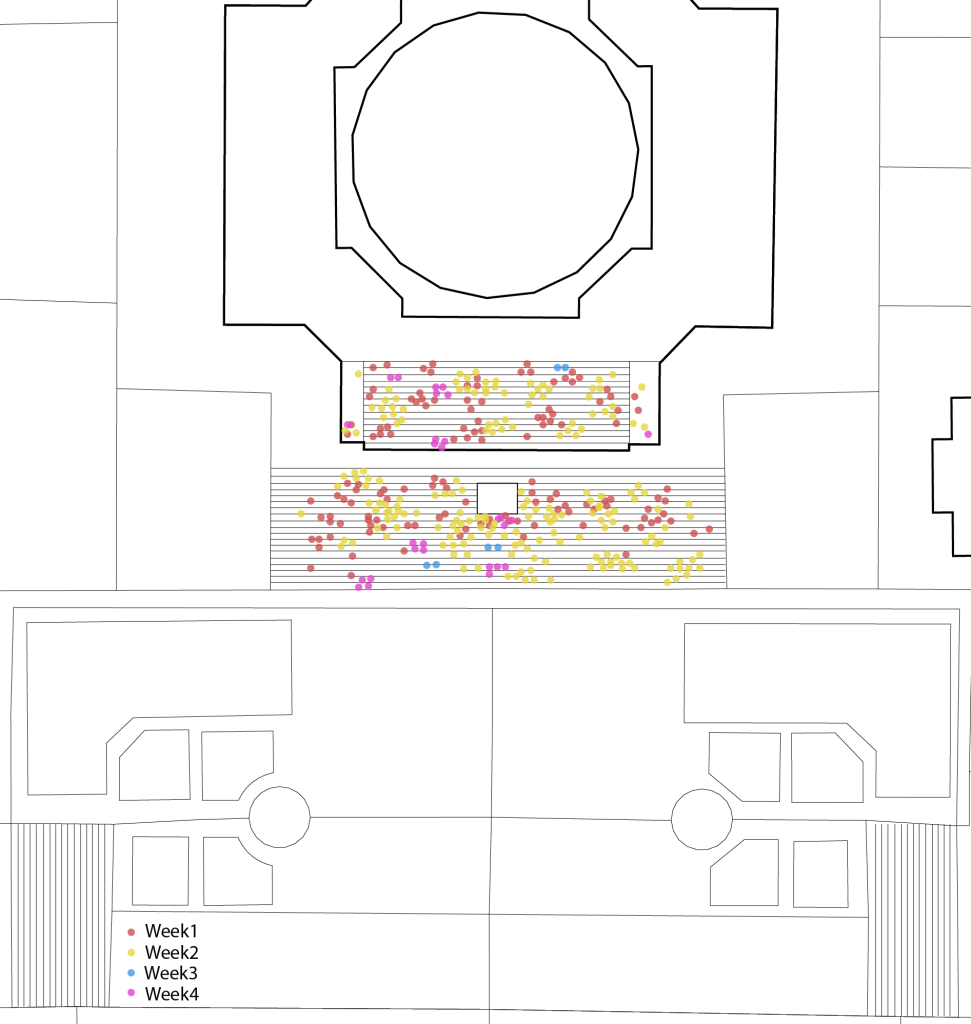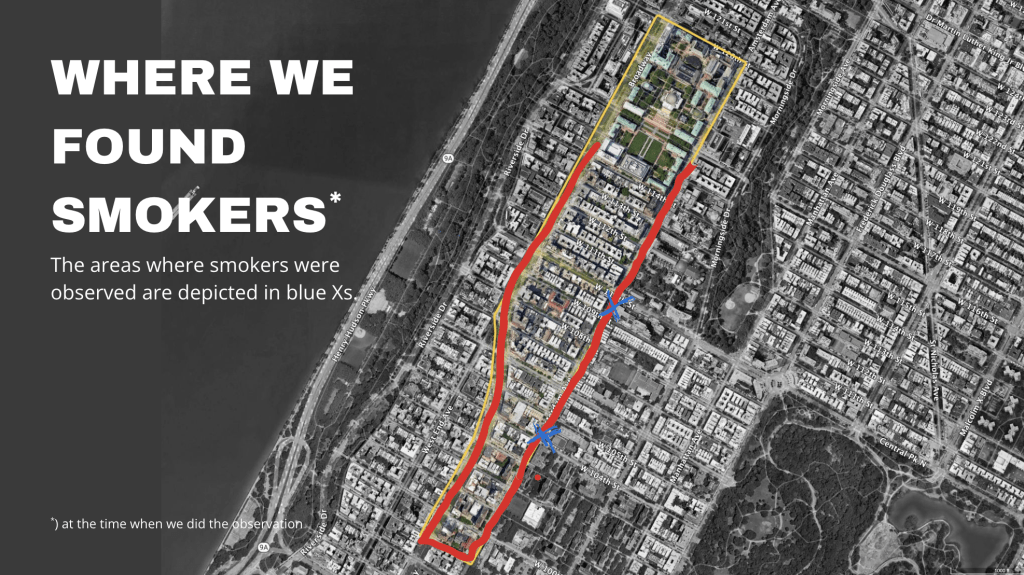The advancement of computational capabilities has enabled urban planners and policymakers to analyze complex issues more effectively, particularly in environmental data and public health. While computational methods provide insights into regional and population-level environmental conditions, they often lack the nuance to understand individual variations. Factors like personal decisions, daily routines, and the built environment significantly influence exposure to environmental pollutants and health outcomes. This course argues for a paradigm shift in urban science by introducing the concept of “data anecdotes.” These in-depth characterizations of individuals or specific cases bridge the gap between generalizability and understandability. They contextualize data, making it relatable and accessible, and connect it to real-world experiences.





